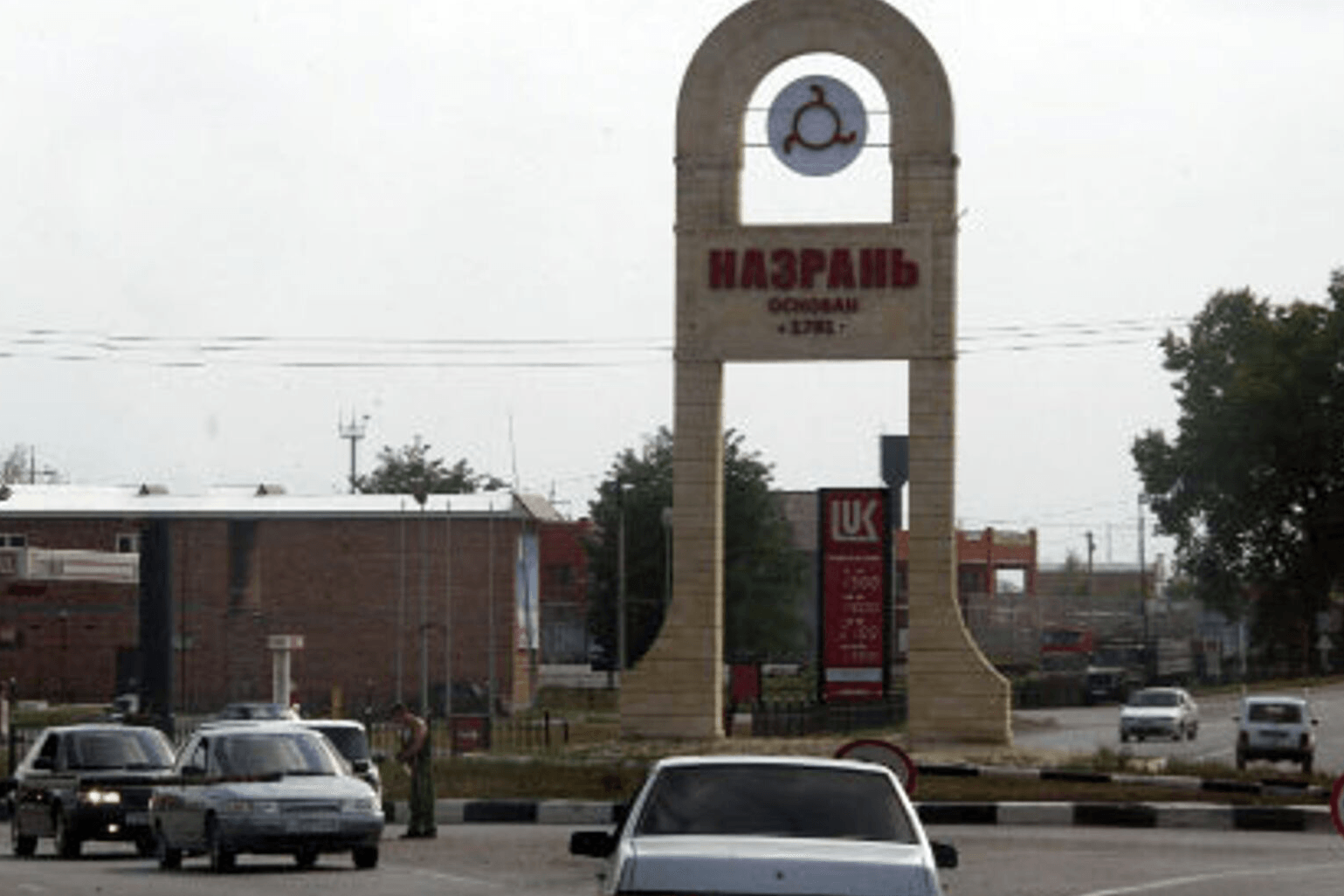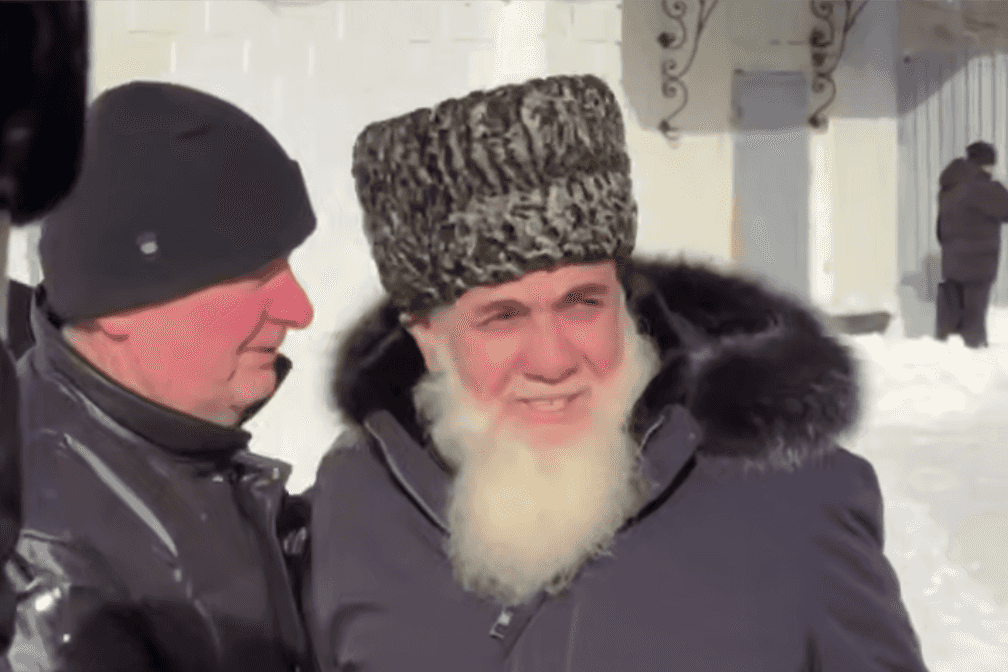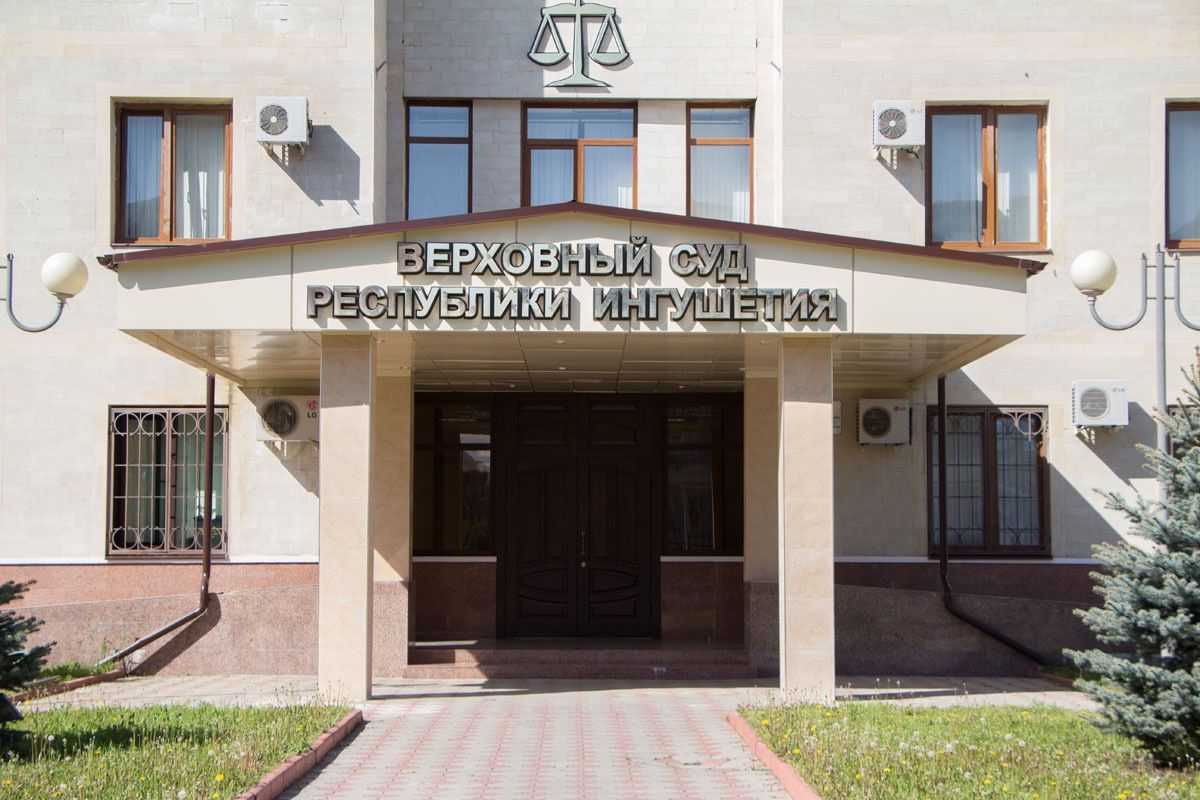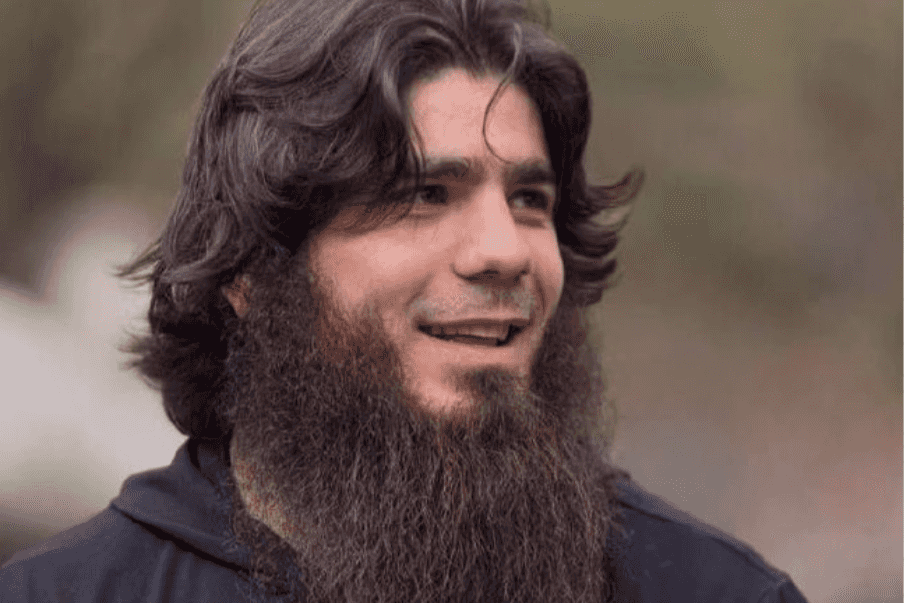Ingushetian authorities ignore disappearance of teenager who warned of ‘honour killing’ threat

Sixteen-year-old Islam Musiev, who had previously sought help from human rights organisations citing domestic violence and threats of murder, has been missing in Ingushetia since 9 June. Previously, he asked rights groups to make his case public if he fell out of contact, naming specific relatives he believed would be responsible for his possible killing.
Musiev — formerly known as Zelimkhan Temirkhanov — reached out to the human rights initiatives NC SOS, Kavkaz Bez Materi (‘Caucasus Without a Mother’), and other organisations several months ago. He reported being regularly beaten and threatened by members of his own family. According to his account, he was locked inside the house, had his documents taken away, and was barred from attending school. He said his relatives shaved his head, physically assaulted him, and told him he would be killed soon. He provided photographs of injuries as evidence.
OC Media has learned about the likely reasons that Musiev feared for his life, but has been asked not to make them public for security reasons.
Musiev also stated that he was being held under constant surveillance, unable to leave the home, and sought help to be evacuated to a safe location. However, according to NC SOS, the organisation cannot evacuate minors without guardian consent or a court order, as doing so may result in criminal liability for staff and volunteers. For the same reason, other human rights groups were also unable to assist him.
In late spring, Kavkaz Bez Materi managed to draw the attention of local juvenile prevention authorities. According to rights activists, Musiev was visited by police lieutenant colonel Leila Mogushkova, head of the juvenile affairs unit in the Nazran district of Ingushetia’s Ministry of Internal Affairs. She allegedly spoke with the family and informed NGO representatives about her visit. Musiev remained in contact for some time after the police visit, but eventually stopped responding.
‘He warned us they wanted to move him to another location — some basement. He said his relatives were threatening to kill him the same way they had killed his aunt, and that they would bury him next to her’, Lidiya Mikhalchenko, the director of Kavkaz Bez Materi, told OC Media.
Before losing contact, the teenager explicitly asked that a police report be filed and the case made public if he stopped communicating for more than two days. In his messages to rights organisations, he identified three relatives — Hasan, Richard, and Magomed Musiev — as responsible if he were to be killed.
After Musiev stopped replying, NC SOS and Kavkaz Bez Materi tried to contact Mogushkova again. However, in a phone call with the organisations, she reportedly denied ever visiting the Musiev home or being involved in the case. She subsequently blocked further attempts to speak with her.
Honour killings — the murder of a relative, often a woman, for allegedly violating traditional norms of behaviour — remain a documented practice in parts of the North Caucasus, including Ingushetia.
As of publication, it remains unclear whether law enforcement authorities have taken any action regarding the teenager’s disappearance. No official announcements or references to the case have appeared in public police records or statements from the Ingushetian Ministry of Internal Affairs.
Previous cases across the North Caucasus have documented situations in which minors or young adults at risk of violence — due to their gender, sexual orientation, attempts to flee abuse, or seeking outside help — have faced retaliation from relatives. Some of these cases have ended in death. While a few were followed by criminal investigations, most never reached the courtroom.











